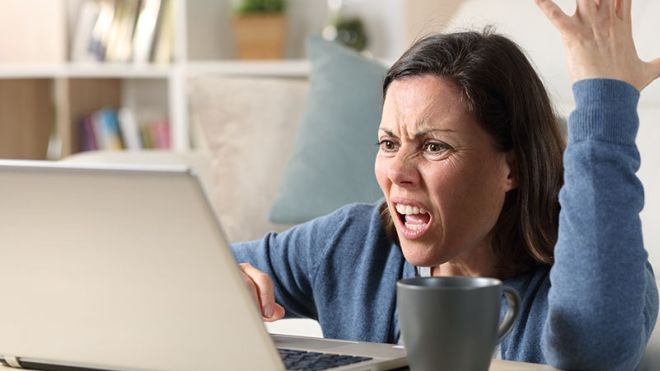
There’s been a longstanding myth surrounding maintaining healthy cognition as we age, and that is that we can stay mentally healthy if we do a lot of puzzles and brain games.
But, do you know the effects of what doing lots of puzzles has on your brain? You get really good at doing puzzles. Now, if you like doing puzzles that’s one thing, but don’t do them because you think it will make you healthy.
Rather the overwhelming majority of research shows that to keep our minds healthy as we age it is the same as keeping our bodies healthy, which includes a healthy diet, daily exercise, quality sleep, and minimizing our anxiety caused from stress.
Unfortunately, there is a lot of anxiety to be had amongst older adults during this time. This illness is causing more harm to older adults than younger adults, creating increased worry about themselves and family and friends who are the same age getting ill. Isolation and loneliness are already major factors affecting senior mental health, and with quarantine this has made it even harder to be social for some. Good news is that statistically according to The World Health Organization most seniors are physically and mentally healthy. However, if these feelings of worry and uneasiness begin to significantly impair healthy sleep, eating, and alcohol/drug intake in older adults, then it’s a good idea to address these feelings before they get worse.
Here are some tips for older adults who are having a difficult time coping with the anxiety of COVID-19.
- Only stay informed once or twice a day. Create a designated time to keep yourself informed on the current situation by accessing your information from credible health agencies. Public Health Agency of Canada or The World Health Organization. Other news sources or social media may sensationalize the news causing more fear and anxiety. Watching too much news will detract from self-care practices needed throughout the rest of the day.
- Use technology that you are comfortable with. Some older adults have a great knowledge of using Facetime, Skype, Facebook Messenger, or other apps that have video calling. However, if you’re not familiar with these, a phone call can also help combat the effects of loneliness from social isolation. There is no reason to feel guilty if you aren’t familiar with how to use the other technologies. Use what you know best, but if you do want to learn more there are tech tutors out there who start with a phone call, like this one Senior Tech Services. And learning a new skill is also a good part of taking care of our mental health.
- Make exercise and going outside a priority, even with limited mobility. There are tons of articles out there showing the benefits of walking 30 minutes everyday including increased cardiovascular fitness, stronger muscles and bones, reduced body fat and risk of diabetes etc. However, there are many people who would find 30 minutes of walking impossible due to mobility and pain issues. If you click here this website provides excellent video and written instructions for 18 different kind of exercises that people with limited mobility can do in a chair. Bonus points if the chair is outside!
- Share your knowledge. Now is a great time to call your friends and family and share your knowledge, whatever that may be. With everyone staying at home cooking, sharing some family recipes would be a great way to pass down information throughout the generations. Also, it’s spring so that means gardening season is here. Sharing any knowledge about gardening would also be very helpful right now. Write it down email it or mail it to loved ones who could benefit.
- Do what makes you happy. Whether you enjoy meditation, riding a bike, reading, playing an instrument, jigsaw puzzles, baking, building furniture, sports, travelling, etc. do what makes you happy. Studies show that happiness is linked to longevity, and the same things don’t work for everyone. If you can’t physically do the things you love right now, then find ways you can still enjoy it. I love travelling, but I can’t right now, so I read travel blogs and books on the subject so I’m ready for when I can again.
I hope that some of these tips can help reduce anxiety and stress due to COVID-19. If the anxiety persists and causes other health issues, always make sure to reach out and make an appointment with a physician.
EDITOR’S NOTE: Christine Fuda is the Mental Health First Aid Coordinator at Ontario Shores. During the pandemic, she will be blogging regularly around the impact of COVID-19 from a mental health perspective. Send your suggestions for topics to @email.



